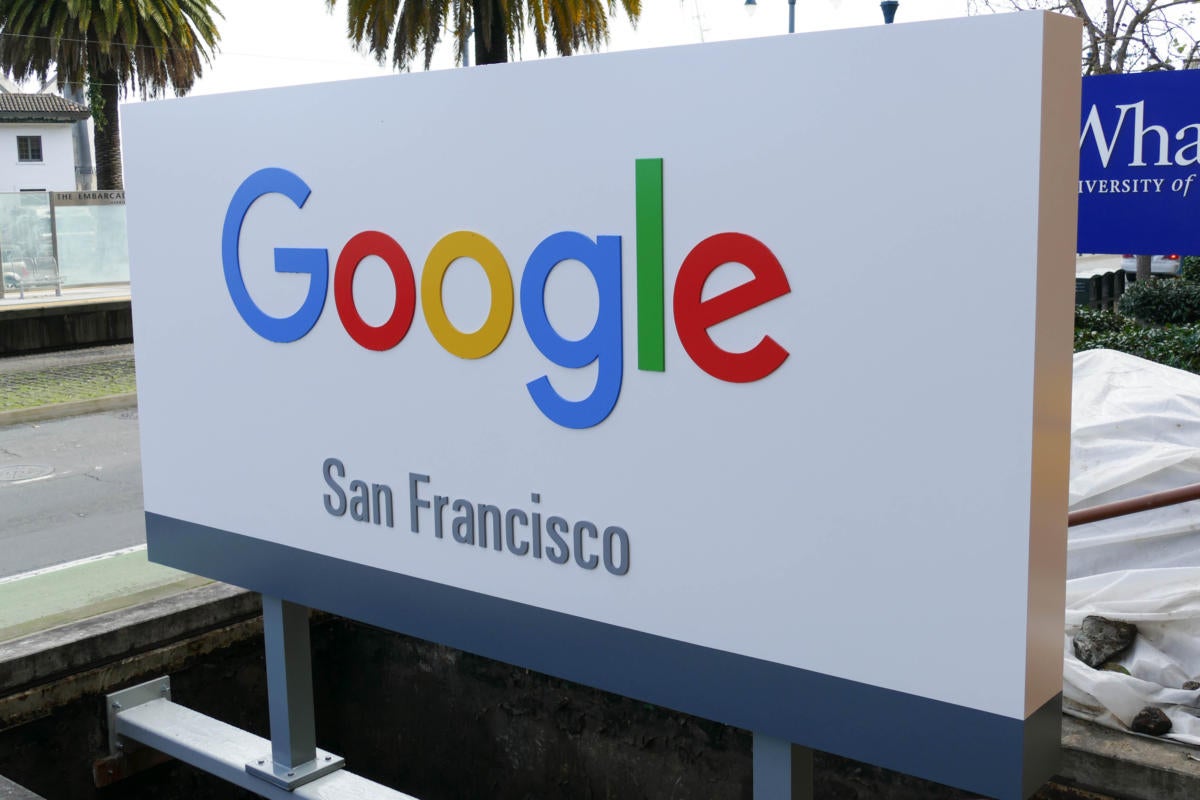Google’s dominance in the search arena has given rise to two major antitrust lawsuits from the U.S. government, which allege that the company has manipulated the market to maintain that dominance, to the exclusion of its competitors and the detriment of the public at large.
The first lawsuit, targeting Google’s search business, kicked off last week, and a second trial against the tech giant, focusing on advertising, is scheduled for next year.
The cases heavily echo the turn-of-the-century Microsoft antitrust case in several respects, not least of which is the fact that Google faces the possibility of being broken up by regulators if it is unsuccessful in its legal battles.
Here’s our condensed timeline of the two lawsuits, and their progress through the court system.
October 2020: The Department of Justice, along with the attorneys general of 11 states, sues Google in DC federal district court for unlawfully maintaining a monopoly, in violation of Section 2 of the Sherman Act. The case centers on Google’s use of exclusive contracts that mandate its use as the default search engine in a host of different hardware and software applications, with the government alleging that this represents an artificial constraint on any possible competition for the search giant.
December 2020: Judge Amit P. Mehta approves the joinder of Michigan, Wisconsin and California to the suit.
January 2021: Google files a response to the complaint, admitting to many of the facts alleged by the Justice Department and associated attorneys general, but categorically denying the substance of the government’s claims of illegality. Further responses to separate but related claims, generally to specific state attorneys general, follow in the subsequent weeks and months.
March 2021: Meetings between Google and the various governmental plaintiffs continue, with periodic status reports on the discovery process.
June/July 2021: The discovery process continues, and the U.S. and Google both file several documents with the court under seal. (Microsoft files two sealed documents, as well, in response to Google’s subpoenas for company records, and Apple becomes involved after the government requests access to some of its internal information.)
August-October 2021: Discovery-related motions and orders continue, as Yelp and Samsung join the fray. (Those companies, like Microsoft and Apple, are relevant to the case even if they aren’t parties themselves, as their internal records are potentially relevant to Google’s liability.)
December 2021: Judge Mehta conditionally splits Colorado’s claims from the case at large, ordering that separate trials on that state’s issues of liability and remedies will be “more convenient for the Court and the Parties, and will expedite and economize this litigation.”
May 2022: Judge Mehta denies a government motion to sanction Google for inaccurately classifying documents as attorney-client privileged. The…
2023-09-19 02:00:04
Link from www.computerworld.com rnrn
